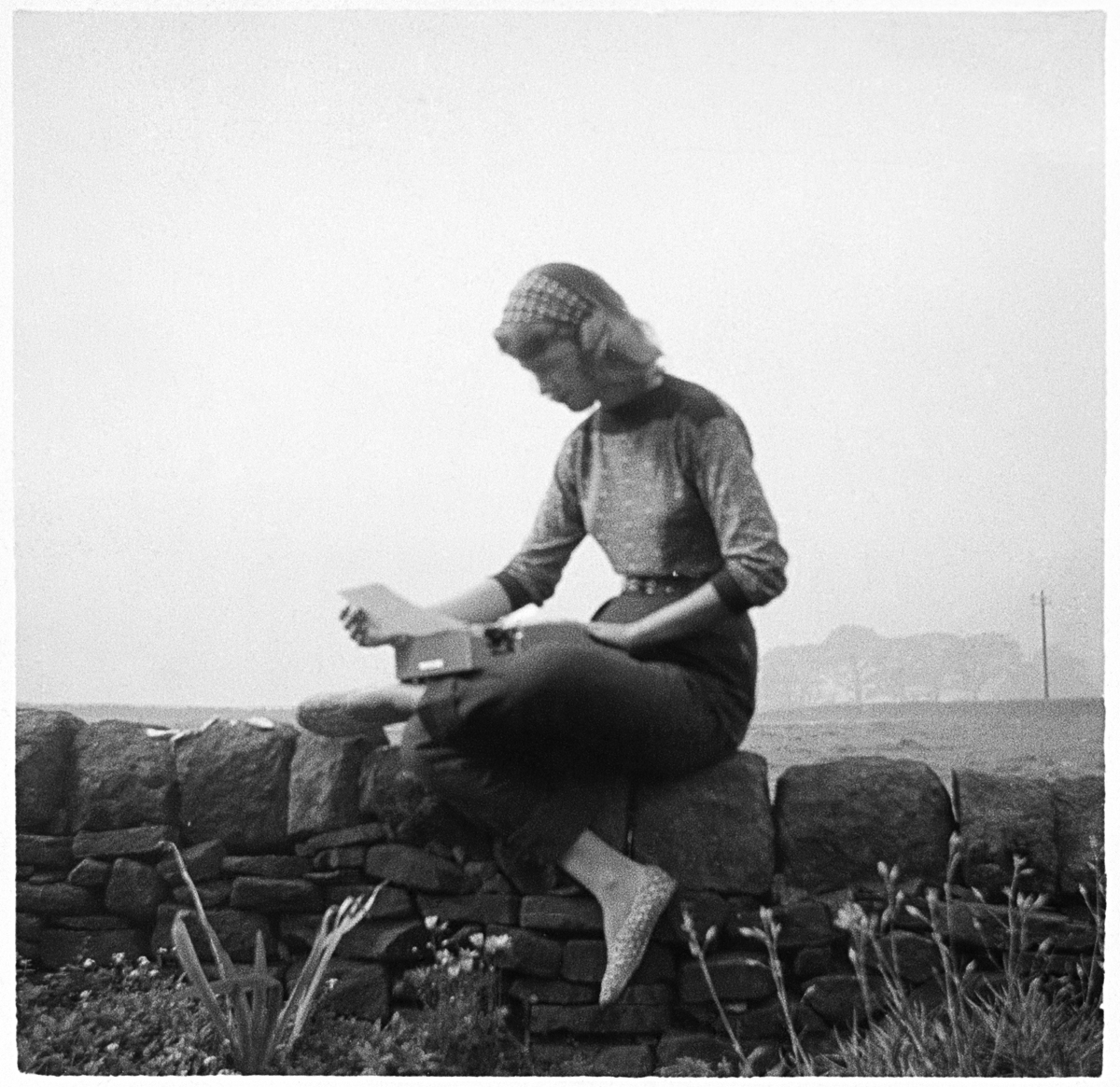
How intense it was this week to be alternately following and averting my eyes from the Senate hearings as I taught Sylvia Plath to seventeen stingingly sharp students–trying to open up space to talk about anger, violence, gender, and race in powerful but often disturbing poems. Plath’s handling of metaphors related to the Holocaust, slavery, and Civil Rights always seemed problematic to me–it was a big topic in the early nineties, when I attended grad school–but I am now wondering how defensible it is even to keep the poem “Ariel” in particular on an undergraduate syllabus. While Plath’s use of terrible slurs wears worse and worse over the years, however, her bee poems–explorations of rage and other dark drives, sometimes encoded in racial metaphors–also feel more and more fundamental. Plus last year’s news about her abusive marriage , especially as captured in Emily Van Duyne’s “Why are we so unwilling to take Plath at her word?”, is crucial right now. We need to do a way better job at respecting survivors and understanding the costs they suffer.
I assign Plath in part to discuss the complex layering of selves even in apparently confessional work, and how she constructs identity as a performance. I believe Christine Blasey Ford utterly, but I also found myself thinking hard about what it meant for Dr. Ford to perform trauma, especially on a such a public stage. She was wise to play it so calmly, because many people, as she must well know, detest and fear angry women. In contrast, as others have pointed out, a woman candidate for the Supreme Court could never have ranted the way Brett Kavanaugh did, although among some constituencies, his emotional performance probably went over well. And of course their projected selves are inflected by race and class stereotypes, too, as were those of Anita Hill and Clarence Thomas decades ago. My class is about sincerity and authenticity in mid-century poetry, during the Civil Rights movement and women’s lib and increasingly open discussions of sexuality, mental illness, and many other vividly embodied identities and experiences–and what a lesson this week was.
It was a lesson, however, I did not particularly need. I’m overloaded with work, struggling to tick down the lists and not get too anxious about tasks I cannot yet get to, and harsh reminders of assaults I suffered–and guilt about men I did not report–brought a level of stress into the equation that I’m just barely able to manage. I suspect I’d be a terrible beekeeper, unable enough to suppress whatever pheromones anxiety gives off, although I seem to keep myself together well enough that most humans don’t smell my fear.
“They have got rid of the men, // The blunt, clumsy stumblers, the boors,” Plath writes about the bees in “Wintering.” I keep wondering what the world would be like if every unremorseful assaulter–every person who has abused privilege in such a serious way without admitting and trying for atone for that abuse–were swept out of power, so that better people could rise up into those positions of money and prestige. It would be nice to find out, one day. But I can’t say I’m tasting the spring, just yet.